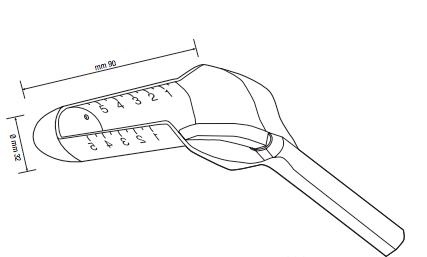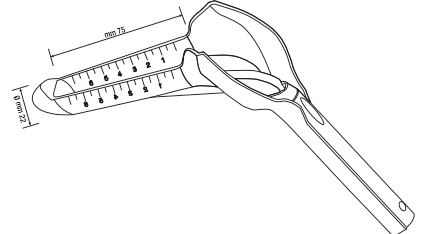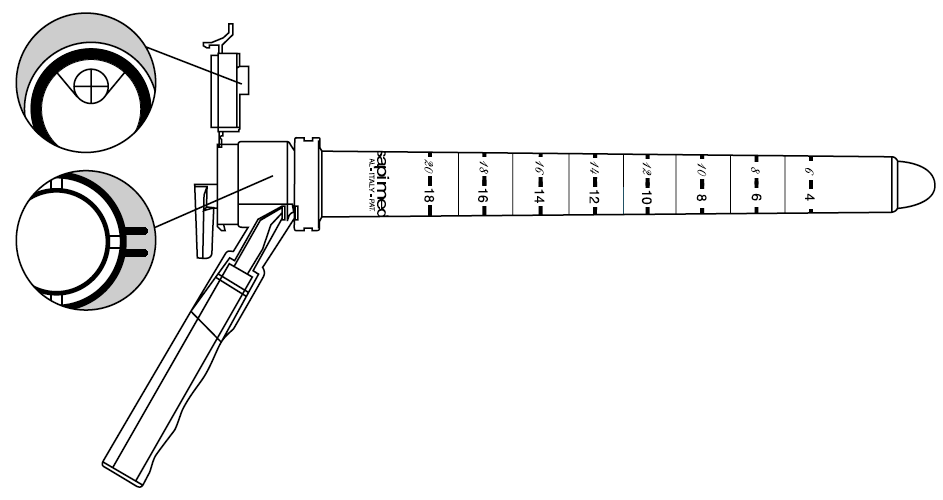SapiMed Proctoscopes

The Beak Surgical & The Beak Diagnostic are surgical proctoscopes with a uniquely innovative design feature. The closed, rounded tip allows for introduction of the scope directly into the anus, needing no separate introducer.
- Single-use & sterile
- Beak Surgical Ø32mm, window length 90mm
- Beak Diagnostic Ø22mm window length 75mm
- Transparent & atraumatic
- Latex free
These surgical proctoscopes offer the specialist the opportunity of clearly exposing a portion of the anal canal and rectal ampulla through which anorectal procedures may be performed.
The instrument should be well lubricated and introduced slowly into the anal canal, controlled by the graduation. Rotating the scope in situ may cause torsion of the anal canal mucosa, so it is recommended that to change orientation the instrument is extracted, rotated and then reinserted. The operative site can then be identified and the procedure performed.
Resources:
Products:
REF A.4083:

"The Beak" proctoscopes are instruments with a uniquely innovative design feature. The closed, rounded tip allows for introduction of the scope directly into the anus, needing no separate introducer. These proctoscopes offer the specialist the opportunity of clearly and satisfactorily exposing a portion (one fourth of the circumference) of the anal canal and rectal ampulla.
REF A.4084NS:

The Beak Diagnostic is a silk-screened proctoscope with a full-length open channel. It is an ideal instrument for visiting outpatient diagnostic. Latex free. Disposable.
REF A.4519 and A.4522:

Multi-Purpose Rectoscope (MPR Short). Below the lens lies a membrane, with a cross marking a weakened point. This makes the handling of forceps for mucosa biopsy easier, whilst keeping the rectum walls stretched. Rectoscopes diameter and length have been designed to allow the insertion of a suitable probe for en-dorectal ecography for an accurate diagnosis of the rectal ampulla.
Only for REF A.4522: the two small fins found on the right of polymer grip are designed to anchor the tap to the rectoscope probe and allow the two devices rotate together. The “slated” silk-screen allows adjustment of the probe during introduction into the rectum.
